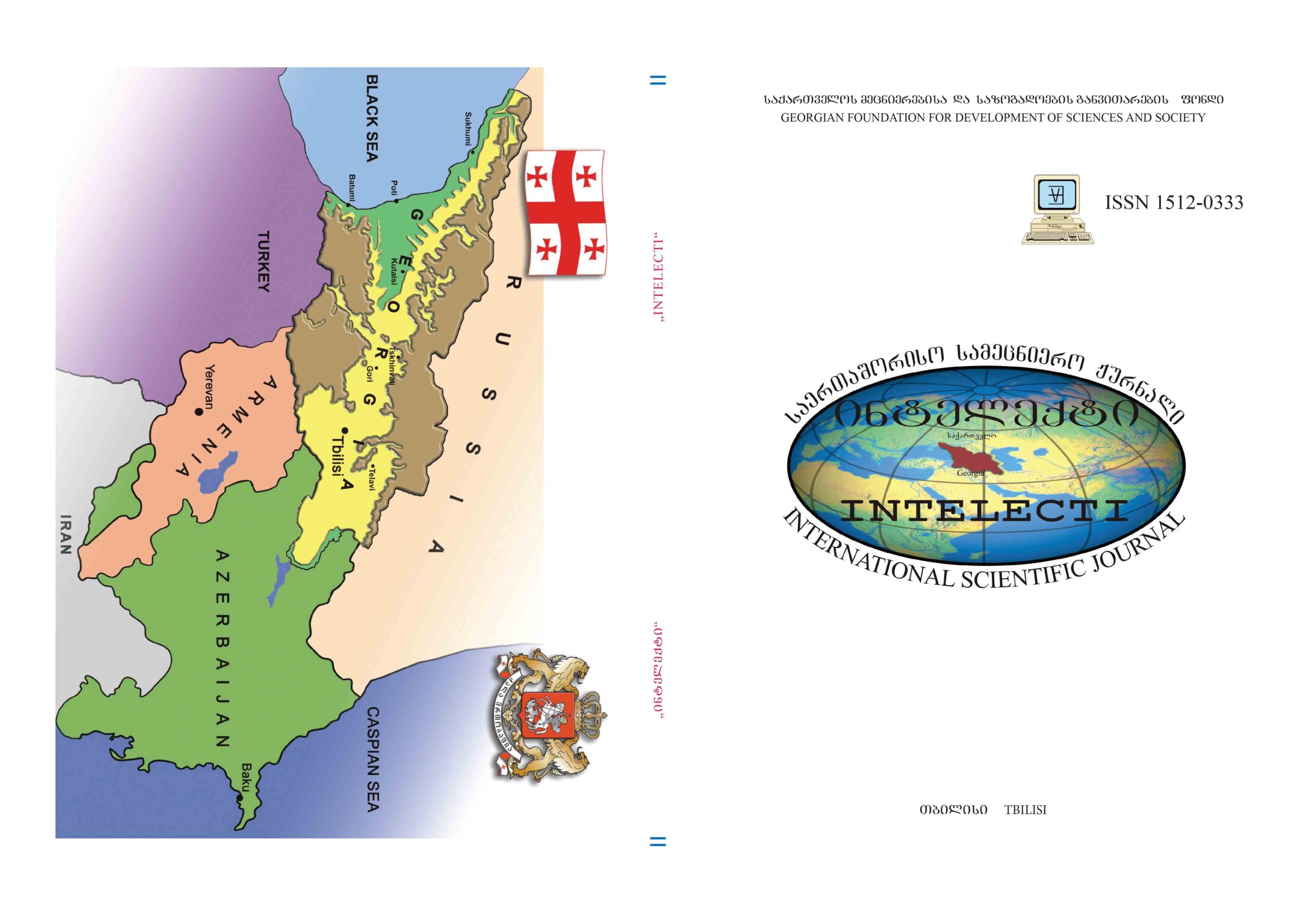Determinant Internal and External Factors of Personal Self-Esteem
Main Article Content
Abstract
The present study aims to determine the internal and external factors influencing a person's self-esteem. The study
was conducted using a quantitative research method. 300 experimental subjects, aged 18 and over, participated in the study.
Theoretical analysis and empirical research of the factors affecting self-esteem were defined as the objectives of the research
based on the selection and development of methodological tools. The Rosenberg Self-Esteem Questionnaire and The Sixteen
Personality Factor Questionnaire by Raymond Cattell. According to the results of the study, The self-esteem indicator is closely
related to the personal characteristics of an individual. This relation is identified in a kind of format in which the changes in
self-esteem are influenced not by one or several factors but by a complex and simultaneous process. According to the factor
analysis, 14 out of 16 factors were combined into a single group, except for the dominance-subordination factor and the
frustration factor. These last two factors were singled out into a separate group and showed a high correlation with each other.
Regression analysis evaluated the impact of age and personal characteristics of an individual on self-esteem. In one case, the
analysis was conducted with respect to four enlarged groups of personality traits, and in the second case with respect to sixteen
factors of personality traits. In the first case, the impact indicator was 52.5% and in the second case, this indicator was 75.2%.
This fact once again indicates that almost all factors, both individually and in combination, have an impact on self-esteem.
